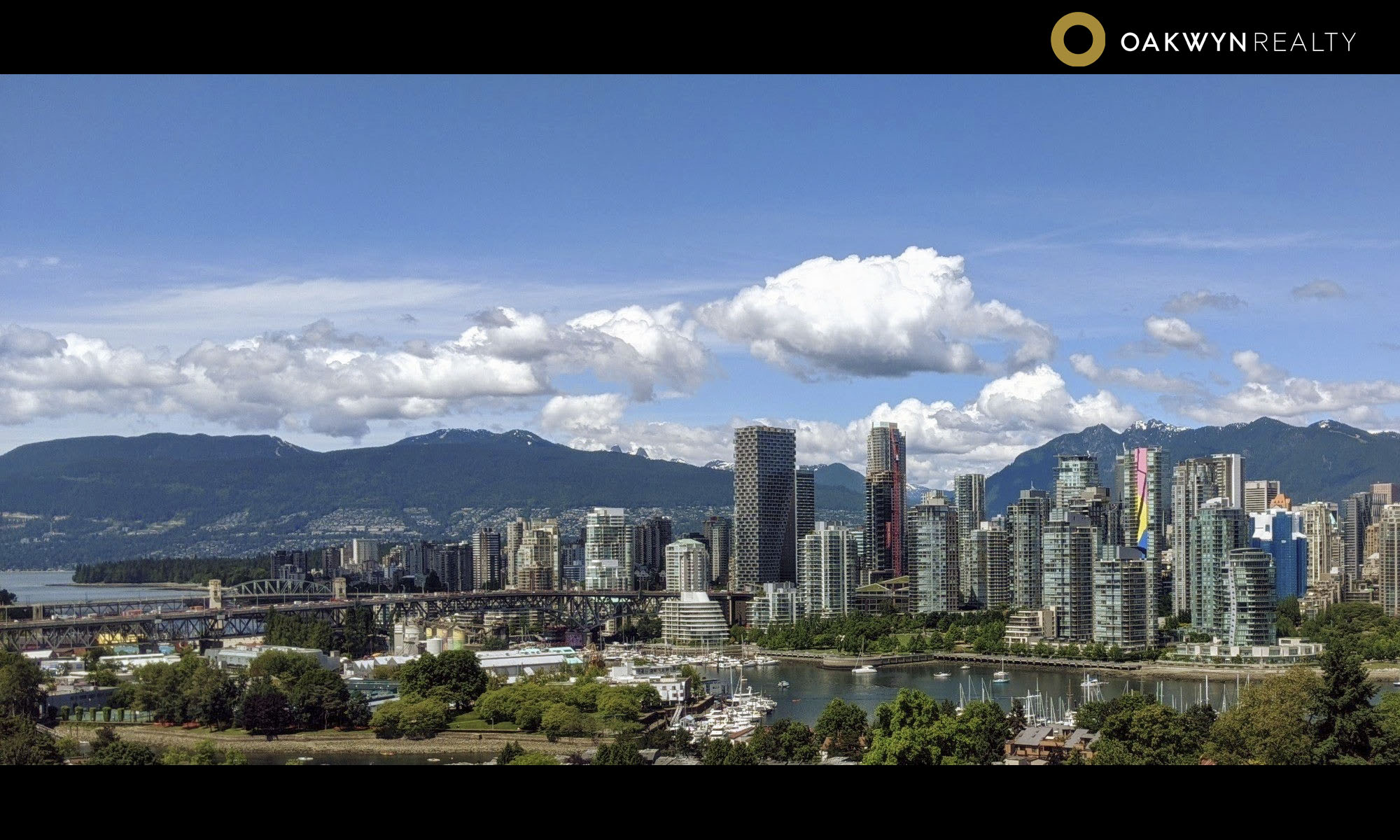How’s the 15 percent foreign buyer’s tax affecting the real estate market?
This is the most commonly asked question that I hear recently.
On July 28, 2016, BC passed the legislation to implement the 15% foreign buyer tax on all residential properties. Anyone who aren’t Canadian citizens or don’t have permanent resident status in Canada will have to pay this tax when buying residential real estate.
To answer the above question, we always look at the Sales Ratio Percent which is an indicator of:
SUPPLY. DEMAND. PRICE
The Sales Ratio (Sales-to-Actives-Ratio) is:
- Percent of which the current inventory of homes are selling
- Sales for the month (demand) ÷ active listings (supply) = percent of homes selling
For example
- 10% sales ratio = 1 in 10 homes are selling
- 50% sales ratio = 1 in 2 homes are selling
When the sales ratio is 20% or more, it is a seller’s market and there will be upward pressure on price.
A buyer’s market is when the sales ratio is 12% or less, and there is downward pressure on price.
As of August in Greater Vancouver, the sales ratio is 27% which indicates there is more demand than supply and it is a seller’s market.
The Sales Ratio has peaked at 61% in March 2016 and is heading toward a more balanced market (see graph below):
The Real Estate Board of Great Vancouver reported that: “Metro Vancouver home sales return to typical August levels”
The HPI benchmark price in Greater Vancouver, on the other hand, has been increasing despite the normalizing of Sales Ratio since March 2016 (see graph below):

If we look closer by breaking down the data into different property types, we see that the single family home market has cooled down with a Sales Ratio of 14% in Greater Vancouver in August 2016 (see table below). This means the single family home market is in a balanced market and the price has flattened. The HPI benchmark price of single family home in Metro Vancouver has decreased $1,000 from $1,578,300 in July to $1,577,300 in August. The days on market (DOM) has also increased a little bit but it is still selling quite fast in just 15 days.
| HPI Price July |
HPI Price August |
DOM (Jul to Aug) |
Sales Ratio (Aug2016) |
|
| House | $1,578,300 | $1,577,300 | 13 to 15 | 14 |
| Townhouse | $669,000 | $677,600 | 9 to 10 | 42 |
| Condo | $510,600 | $514,300 | 10 to 11 | 48 |
| Metro Vancouver | $930,400 | $933,100 | 11 to 12 | 27 |
On the other hand, Sales Ratios for townhomes and condos still remained in the 40s percentage points which indicate hot sellers market.
We probably will not see any significant price drop in real estate as long as the Sales Ratio remains above 12%. Below 12% we will start to see a downward pressure on price as we have seen before (see article here).
There is an interesting phenomenon that we see. As the real estate price increases, while the demand remain strong, people who cannot afford to buy single family houses began to buy townhouses. Last month, we are seeing an even stronger demand in Condos than townhomes now that the price kept increasing.
If we look at the above data by area, take Vancouver East, for example, we see that the Sales Ratio for houses is only 12.6%, while townhome remain pretty strong at 36.7% and the demand for condos even stronger at 59.9% (see graph below).
With the low interest rate staying low and Vancouver being one of the most livable place on the planet, people still want to own homes here. If not houses, or townhouse, a condo is just fine as long as we can live in this beautiful place.
Since foreign buyers only accounted for 5.1% of real estate sales in Greater Vancouver (see article here), the government probably should consider other factors that affect affordability. Some interesting articles here:
Land-locked region: Is geography a factor in Vancouver’s affordability crisis?
Is Vancouver’s real estate market really in free fall?
If you’d like to find out how the market is doing in your specific neighborhood and property type, don’t hesitate to contact Jordan or Jenny to find out! We’d love to chat with you.









